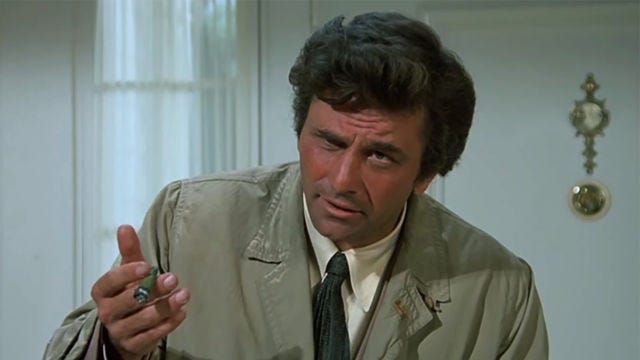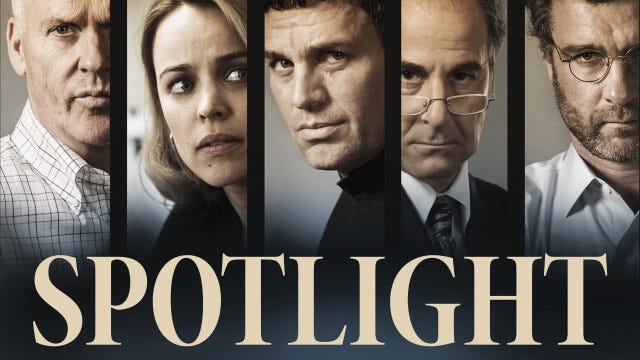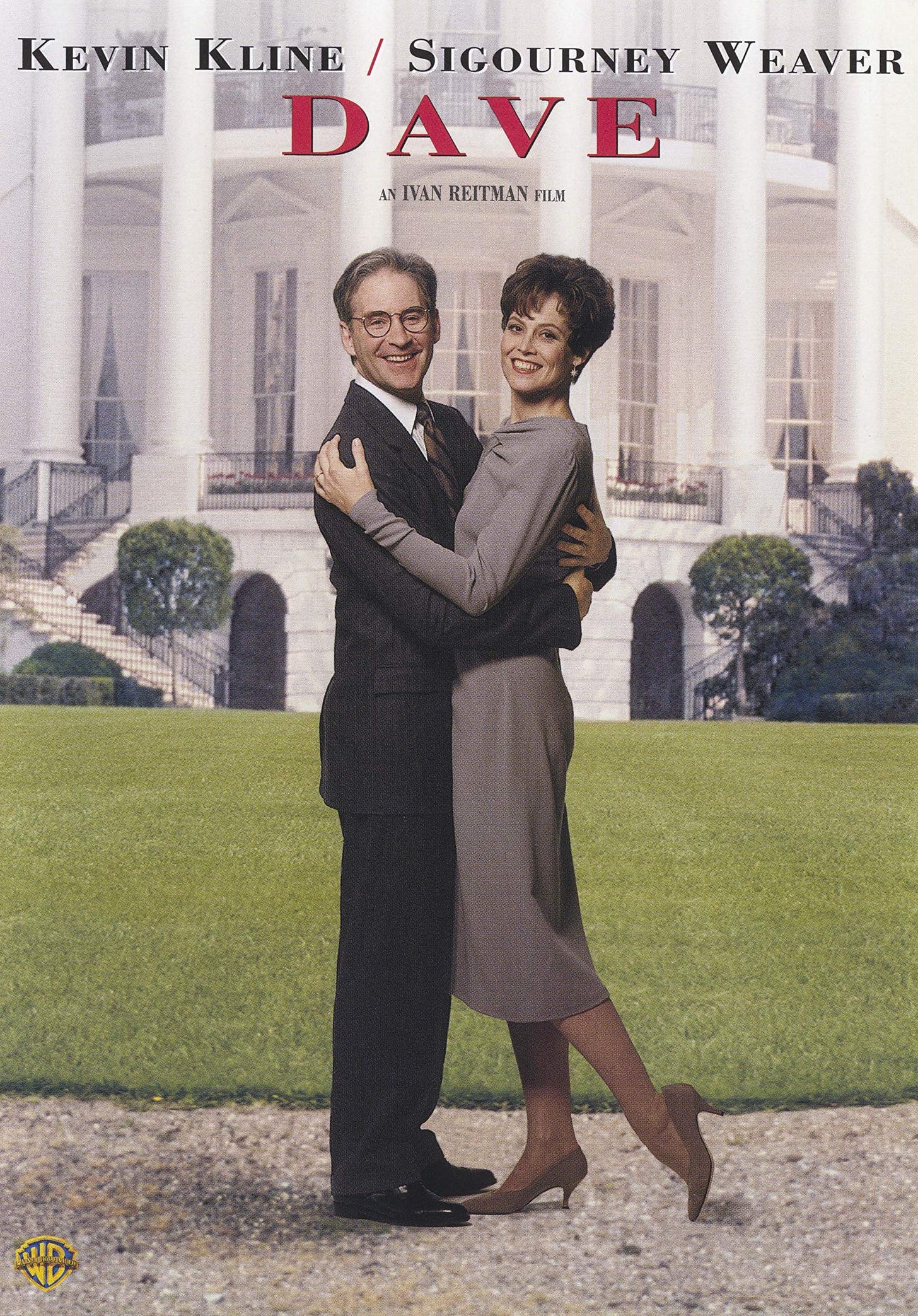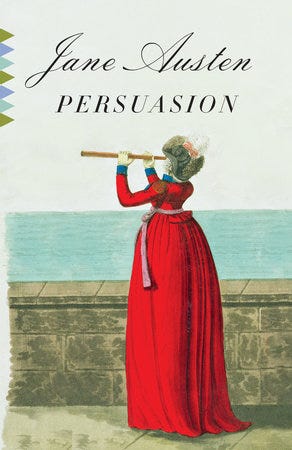Why “Poker Face” Works: The Enduring Allure of the Process Story
Are process stories my new comfort watch?
This is a free post for subscribers of Landline, a pop culture and history newsletter for people who care about the Titanic, and the the Kate Winslet vehicle of the same name. Consider subscribing to the paid plan to get my weekly email of recommendations and links, a podcast episode, and more! You can also help me spread the word by sharing it with a friend who would love it.
In honor of Poker Face returning for a second season this week, I want to focus on one of my favorite genres: the process story.
In Poker Face, for example, we watch a murder happen and then get the joy of seeing Natasha Lyonne’s character figure it out. She is a human lie detector, and that skill helps her untangle a mess of cover-ups and obfuscations to find the culprit at the end of each hour-long episode. In a world that is itself a total mess, there is something so soothing about watching her character assign order to chaos, even if her own process is eccentric.
Process stories are so satisfying to me for a variety of reasons:
I love seeing someone do research and follow threads to some kind of conclusion.
In a world of uncertainties, it’s very satisfying to watch someone close the loop on truly anything.
I love seeing how people figure things out, even if it's not a transferable skill.
Process stories are a tribute to the people with a head for details and a win for minutiae-heads everywhere.
In no particular order, here are some of my favorite process stories with some thoughts about why I love them:
Columbo
The inspo for Poker Face, Columbo was the OG of following arcane details of a murder, which somehow revealed the killer every time. That we got to see the murder at the top of each episode allowed us to bask in the wonder of his attention to detail, which could also be read as eccentricity of the highest order.
See also: Murder She Wrote, The Mentalist, Bones, Sherlock, or any crime drama that hinges on a character’s ability to process huge amounts of information, mentally organize it, make meaningful connections, and recall minor details that solve the crime.
Spotlight
This is a perennial classic to me because it showcases process as a team sport. What would happen if a team focused on one goal (rooting out corruption and sex abuse in the Catholic Church) and put all their efforts into reading reams of bureaucratic records, identifying erasures and gaps, and finding witnesses to reveal the whole story?
See also: All the President’s Men, The Power Broker, Legally Blonde, The Last Dance, Erin Brockovich, National Treasure
Dave
This movie feels more like a fantasy as time goes on. And not just because it’s the story of a presidential impersonator who is hired to act as the president after the OG has a stroke and lies in a coma (secretly). There is a scene in this movie that lives rent-free in my head in which Dave, the actor, has his accountant come to the White House for dinner and has him stay up all night to balance the federal budget. A large part of the allure of a process story is what author Brandon Taylor calls “the fantasy of competence.” We’re living at a time when the Secretary of Defense disclosed confidential war plans in a group chat that included a journalist. Even typing this made me feel insane. Bring back Dave and his accountant!
See also: Wag the Dog (not a noble process story in politics), Primary Colors, Singin’ in the Rain (specifically the scene where they realize how to use the early footage with new scenes to make a musical)
Jane Austen. Persuasion.
Pat Benatar once said, “Love is a Battlefield,” but it is also a process. This is true of many rom coms and shows (as Brandon Taylor and many on the internet have noted). Many rom coms could be five minutes long if these processes made sense or weren’t corrupted by human error, so it’s a good reminder that not all process stories make sense or privilege efficiency. We are always the wrench in the machine. Case in point: Persuasion by Jane Austen. The two main characters sure take the long road to being together, but along the way, we see the process each goes through trying to figure themselves out. The process, in this case, is just as satisfying as the end product, or them reuniting in the end. (Spoiler alert, but this book came out in 1817.)
See also: Any Jane Austen book or adaptation, any Nora Ephron story, basically anything produced by Hallmark.
Call Me! (or not!)
I’d love to hear from you! Drop your thoughts in the comments to share with the Landline community, or reply to this email to contact me. You can also find me on Instagram, or email me. I don’t have a dedicated phone line yet (just like in my youth), but maybe someday I’ll achieve Claudia status and get a Landline.
Thanks for reading!
This is a free post for subscribers of Landline. Consider subscribing to the paid plan to get my weekly email of recommendations and links, a podcast episode, and more! You can also help me spread the word by sharing it with a friend who would love it. Thank you for being a friend!
Note: All books referenced in Landline can be found in my bookshop.org storefront from which I earn a small percentage of all books purchased.










I think Dave is the ultimate 2025 fantasy. Odd side note, I just “watched” this in the car last week driving my daughter to the train station for her morning commute to Jr High. What is so brilliant about this film is that “bad president” is removed from office without any of the public knowing it was a “fake.” So it seems as if he was on his way to reform on his own, which is the only way I think we could reach people who truly follow Trump. No one else can reach them. Although JD Vance is not a “good guy/innocent” like the VP in the movie.